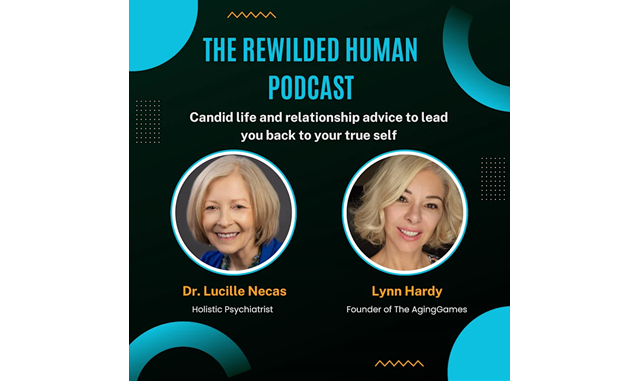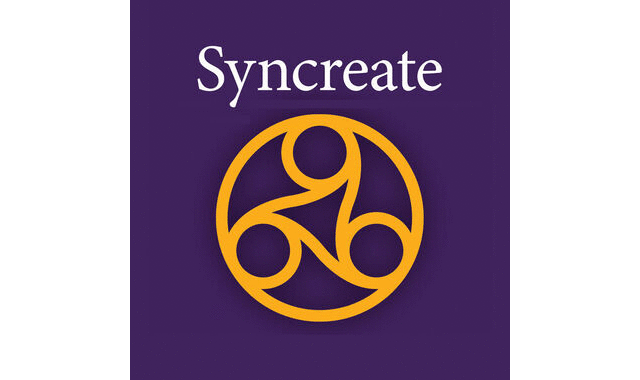World's First and Largest Podcast Network Founded in 2005
Highlighted Podcast Directories




Today's Podcast Episodes For Friday, 7/18/2025
Promoted Episode

Oil, Copper, Zinc: Tavi’s Top 3 ‘No-Brainer’ Hard Asset Bets!
In it to Win it
BUSINESS

How To Sell Out Your Next/First High-Ticket Mastermind (The Exact Formula) With Cary Jack
The Happy Hustle Podcast Cary Jack
BUSINESS

UFOs Are Chased By Police For Many Hours During The Night
Shifting the Paradigm
ENTERTAINMENT


Why You Should Be Laughing More: 2 Minutes Of Motivation
Live Greatly at Kristel Bauer
ALTERNATIVE HEALTH

YSU Head Coach Doug Phillips – The 330 Sports Show
Youngstown Studio with Joe Danyi
ENTERTAINMENT

Darius Classic | If You Could Rewind Life
The Greatness Machine With Darius Mirshahzadeh
BUSINESS

Crazy Finance: Episode 1 – Why Buying A House Might Be The Worst Financial Decision
The James Altucher Show
BUSINESS

Bruce Wolosoff – Acclaimed Pianist And Composer Of Classical, Jazz And Blues. Spans Ballet, Opera, Chamber And Orchestral Music!
Follow Your Dream – Music and Much More
ENTERTAINMENT

Climate Change Is Waking Up Volcanoes. Yes, Really.
Wicked Problems
BUSINESS

Finance Automation For SMEs: Moss CEO On Scaling, AI & Fintech Lessons
Startuprad.io – The Authority on German Startups Joern “Joe” Menninger
BUSINESS

Episode 300 – The Art Of Human Connection With Gil Petersil
The Jōrni Podcast with Petra Brunnbauer
ALTERNATIVE HEALTH

Deconstructing My Success AND Biggest Failures – My Appearance On Success School Podcast!
The Brian Keane Podcast
EDUCATION

#706: Building More Connected Digital Experiences With Eric Stine, CEO Of Sitecore
The Agile Brand with Greg Kihlstrom
BUSINESS

H2O-NO-YOU-DON’T: A Cooler Becomes A Crime, Cooler Heads Fight Against The HOA #MindOfMarlar
Weird Darkness
ENTERTAINMENT

Ep168: From Rock Bottom To Rewired: George Haymaker’s Journey Out Of Addiction (part 1)
How To Be Happier For Entrepreneurs with Brad Chandler
BUSINESS


📺 Carroll Harris: Leadership, Service & Life Beyond The Badge
The MisfitNation With Rchard LaMonica
COMEDY

DON’T LOOK BEHIND YOU: This Is The Last Story You’ll Ever Read
Weird Darkness
ENTERTAINMENT

Soaring Updates: Awards, Comics, And Community Stories
Cancelled for Maintenance
COMEDY
Sponsored Podcasts
Newest Podcasts
Top Podcasts...
Latest Episodes

Oil, Copper, Zinc: Tavi’s Top 3 ‘No-Brainer’ Hard Asset Bets!
From the podcast In it to Win it
Released 7/18/2025

How To Sell Out Your Next/First High-Ticket Mastermind (The Exact Formula) With Cary Jack
From the podcast The Happy Hustle Podcast Cary Jack
Released 7/18/2025

UFOs Are Chased By Police For Many Hours During The Night
From the podcast Shifting the Paradigm
Released 7/18/2025

S5. Episode 12
From the podcast Corey Wedlock’s show
Released 7/18/2025

Why You Should Be Laughing More: 2 Minutes Of Motivation
From the podcast Live Greatly at Kristel Bauer
Released 7/18/2025

YSU Head Coach Doug Phillips – The 330 Sports Show
From the podcast Youngstown Studio with Joe Danyi
Released 7/18/2025

Darius Classic | If You Could Rewind Life
From the podcast The Greatness Machine With Darius Mirshahzadeh
Released 7/18/2025

Crazy Finance: Episode 1 – Why Buying A House Might Be The Worst Financial Decision
From the podcast The James Altucher Show
Released 7/18/2025

Bruce Wolosoff – Acclaimed Pianist And Composer Of Classical, Jazz And Blues. Spans Ballet, Opera, Chamber And Orchestral Music!
From the podcast Follow Your Dream – Music and Much More
Released 7/18/2025





























